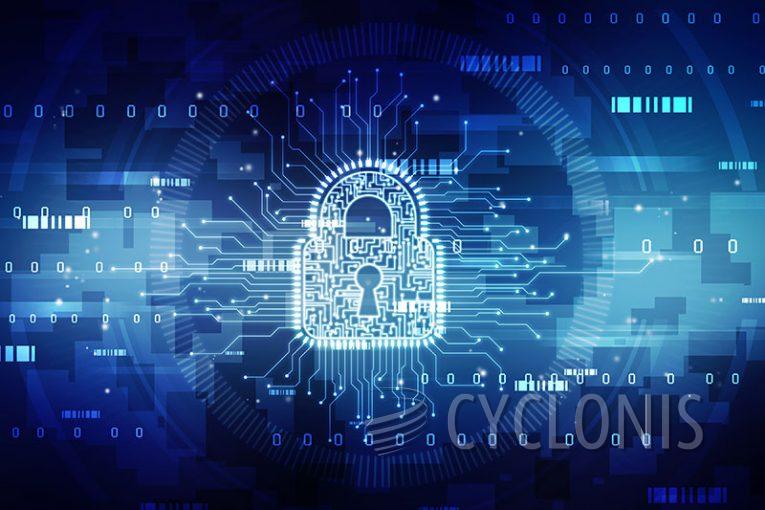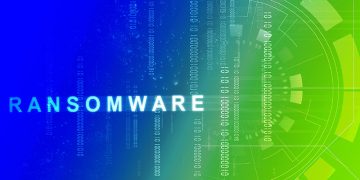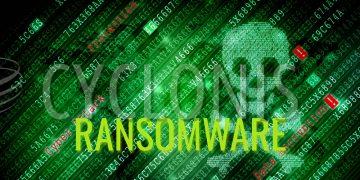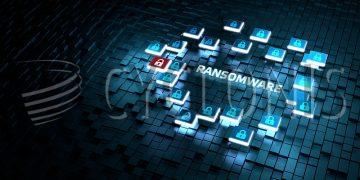Harward Ransomware Mentions no Ransom Amount

Harward stands as the moniker for a strain of ransomware. Its modus operandi involves encrypting data and demanding a ransom for the decryption key. Upon subjecting a trial version of this ransomware to our test environment, it commenced the encryption of files, resulting in modifications to their file names.
The original file titles underwent alterations, with the perpetrators' email address, a distinct identification code for the victim, and the ".harward" extension appended. To illustrate, a file named "1.jpg" transformed into "1.jpg.EMAIL[alvarodecrypt@gmail.com]ID=[908D28930971C614].harward". Subsequent to this encryption process, the malware generated a ransom note labeled "FILE ENCRYPTED.txt."
The communication from the Harward ransomware emphasizes the vulnerability of the victim's device, offering assurance that the cybercriminals possess the capability to restore the encrypted data. The note provides instructions to commence the recovery procedure by transmitting a locked file to the attackers for decryption testing.
Harward Ransom Note Keeps it Brief
The complete text of the very brief ransom note generated by the Harward ransomware reads as follows:
ATTENTION!
At the moment, your system is not protected.
We can fix itand restore files.
To get started, send a file to decrypt trial.
You can trust us after opening the test file.
To restore the system write to both : alvarodecrypt@gmail.com and alvarodecrypt@outlook.com
Your Decryption ID: -
How Can You Protect Your Valuable Data from Ransomware?
Safeguarding your valuable data from ransomware requires a combination of proactive measures and cautious practices. Here are some steps you can take to protect your data from ransomware attacks:
- Regular Backups: Regularly backup your data to an external device or a secure cloud storage service. This ensures that even if your files are encrypted by ransomware, you have a clean copy to restore from.
- Update Software: Keep your operating system, antivirus software, and all applications up to date. Updates often contain security patches that help protect against known vulnerabilities.
- Use Reliable Security Software: Install reputable antivirus and anti-malware software to provide real-time protection against various threats, including ransomware.
- Exercise Caution with Email Attachments and Links: Be extremely cautious when opening email attachments or clicking on links, especially if they're from unknown or suspicious sources. Ransomware often spreads through phishing emails.
- Use Strong Passwords: Use complex and unique passwords for all accounts. Consider using a password manager to generate and store your passwords securely.
- Enable Two-Factor Authentication (2FA): Whenever possible, enable 2FA for your accounts. This adds an extra layer of security even if your password is compromised.








